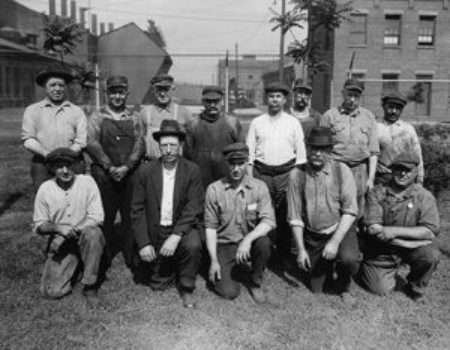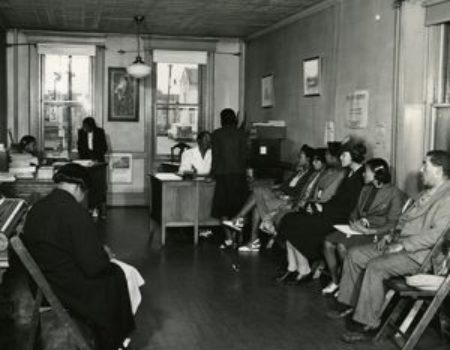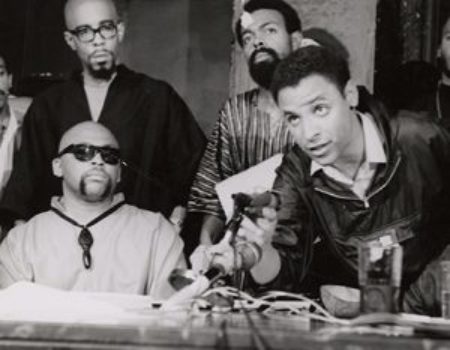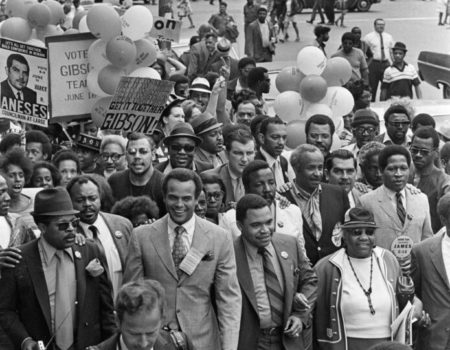The histories of Newark’s African American communities contain stories of survival, resistance, empowerment, and much more that have had profound impacts on the political, social, and economic structures of the city, state, and country. In this website, these histories have been organized into three chapters that span the years of 1666-1970. In each of these chapters, you will find a brief narrative of the topic being covered, accompanied by documents, photographs, videos, and other artifacts from our archives. We encourage you to dive in and explore the archived materials, as they provide a wealth of information that we have only begun to touch upon in the narrative. Click through each of these sections to experience the sights, sounds, and archival records from this exciting period in Newark’s history.
CHAPTER ONE
In the first chapter, “Who’s Got the Power?” learn about how Newark’s various ethnic and racial populations came to the city, as well as the impacts and influences each have had on the city’s social, political, and economic structures. Click on the page of each of these groups to read about their experiences in Newark and to explore our digital collections about their journeys.
CHAPTER TWO
In the second chapter, “The New Black Political Class,” find out how Newark’s swelling African American population struggled to survive and gain influence in the city from World War II through 1960. Click on the different sections of this chapter to learn about the stages of African American political empowerment during the 1950s and how this set the stage for the momentous decade of the 1960s.
CHAPTER THREE
In the third chapter, “Power and Politics Before and After the Newark Rebellion,” find out about how the fight for equality and human rights in Newark eventually led to the outbreak of urban rebellion in 1967, as well as the outcomes and impacts of these momentous events that culminated in the election of the city’s first African American mayor in 1970. This chapter is organized into three sections: “Black Resistance Builds,” chronicling the stories of the Civil Rights Movement in Newark from 1960-1967; “The Newark Rebellion,” detailing the complex histories of the 1967 Newark rebellion; and “New Directions in Black Politics,” which follows the stories of Black Power in the city after the rebellion.
CHAPTER FOUR
In the fourth chapter, “The Ken Gibson Years,” learn about the election and administration of Newark’s first Black Mayor, Kenneth A. Gibson. Find out about how Gibson dealt with the many problems facing the city as he walked a political tightrope between the radical Black Power Movement that put him into power and the establishment politicians and white communities that remained powerful in the city. The ways that Gibson navigated this difficult political terrain offer valuable insights into the possibilities and limitations of seeking Black liberation through elected officials.




